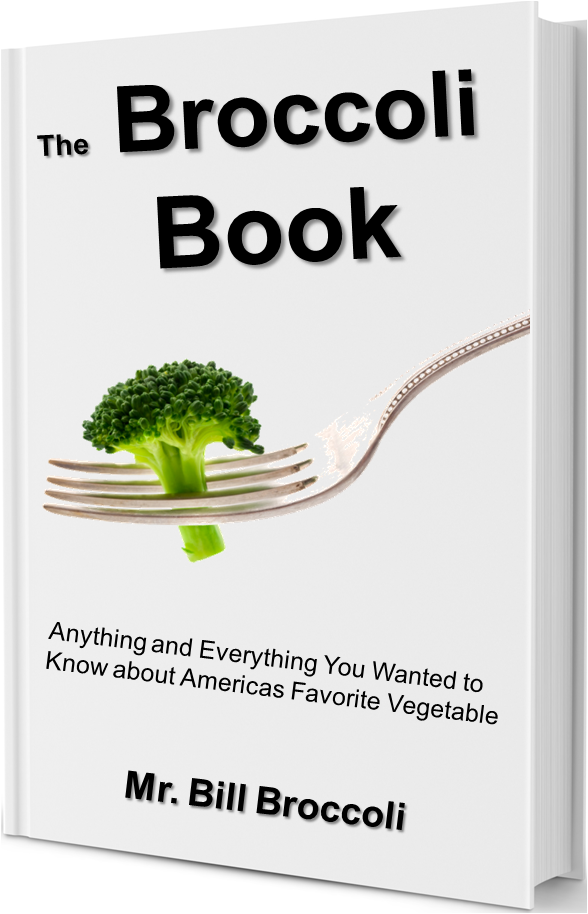Readers usually search for non-fiction books because they're looking to solve a problem or answer a question. They search for their books by keyword: growing vegetables, puppy training, sailboat building. Unlike fiction authors, people who write non-fiction books aren't usually lucky enough to find readers through casual browsing. They have to specifically target their marketing so that it's easy for readers to find their work. This type of marketing can actually easier to manage with a well defined audience.

The first key to selling non-fiction books is to stand out from the crowd. Imagine doing a search for growing vegetables. You'd find a long string of books on the subject, each of them similar to the others. There's virtually no difference between them, and no way to choose. Your task is to make your work stand out and grab the reader's eye by writing about the same topics in a completely different way.
Narrowing the Niche
You probably write about a topic because you know a lot about it, and you have a passion for the subject. Your large amount of knowledge can allow you to write a thorough work filled with good, useful information, but it will likely end up a small fish in a big ocean of similar books. The way to transform your book into a bigger fish is by narrowing down the niche.
Start by breaking down the topic into at least ten smaller topics. If you write about gardening, break it into growing tomatoes, growing peppers, growing squash, and the like. Or go in a different direction and choose upside down gardening, square-foot gardening, creative container gardening, and similar topics. You may have already broken this list down when you chose your chapter headings in your big book.
Establish Your Expertise
Imagine doing that same search for growing vegetables. Instead of a long list of mixed titles, you find some general books plus a series of books or eBooks, all by the same author. This author starts to look like a real expert in the field, doesn't she? Even if you put the exact same information into the detailed titles as you would in the larger work, the fact that there are multiple book covers on the list, all with your name and brand, helps to establish you as the person who knows her stuff when it comes to vegetables gardening.
Writing the Work
The tighter titles don't have to be as long or elaborate as your general book -- in fact, they shouldn't be. Write smaller pieces of 50 to 100 pages, filled with useful information. Trim all the fat and fluff and make the book as helpful and full of new tips and tricks as you can. Pack as much new information in as possible, to give the reader the most amount of perceived value. Do this with every one of your sub-titles, publishing one every month or so, and you'll be one of the go-to names in your niche within a year's time.
The next step is optimization for findability which we will cover in one of our next few blogs.
Keep the Faith and may the Force be with You!




